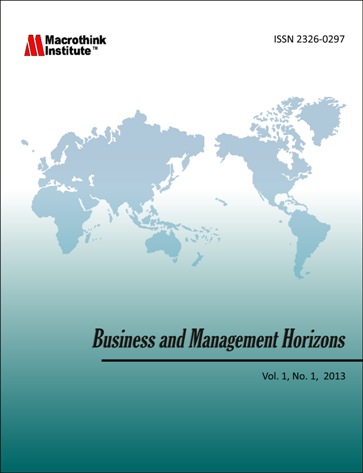The Importance of Accountability in Zakat Institutions
DOI:
https://doi.org/10.5296/bmh.v11i2.21034Abstract
Zakat institutions are seen to be growing in terms of collection and distribution as well as various programs to increase the capacity of asnaf in line with the country’s progress especially in Malaysia. However, there is no denying that there are various negative perceptions of the community towards the zakat institution, including the achievement of unbalanced collection, unequal distribution, community trust and various other unpleasant perceptions from stakeholders. Thus, in line with the community’s perception of zakat institutions, the objective of this study is to see the importance of accountability management in the governance of zakat institutions. This study is qualitative in nature using documentation and observation methods. It is hoped that the study can provide input to stakeholders and indirectly increase trust and satisfaction with zakat institutions in Malaysia. This study can also be a reference to zakat institutions and further to the academy and researchers in the future in improving the accountability of Malaysian zakat institutions.

